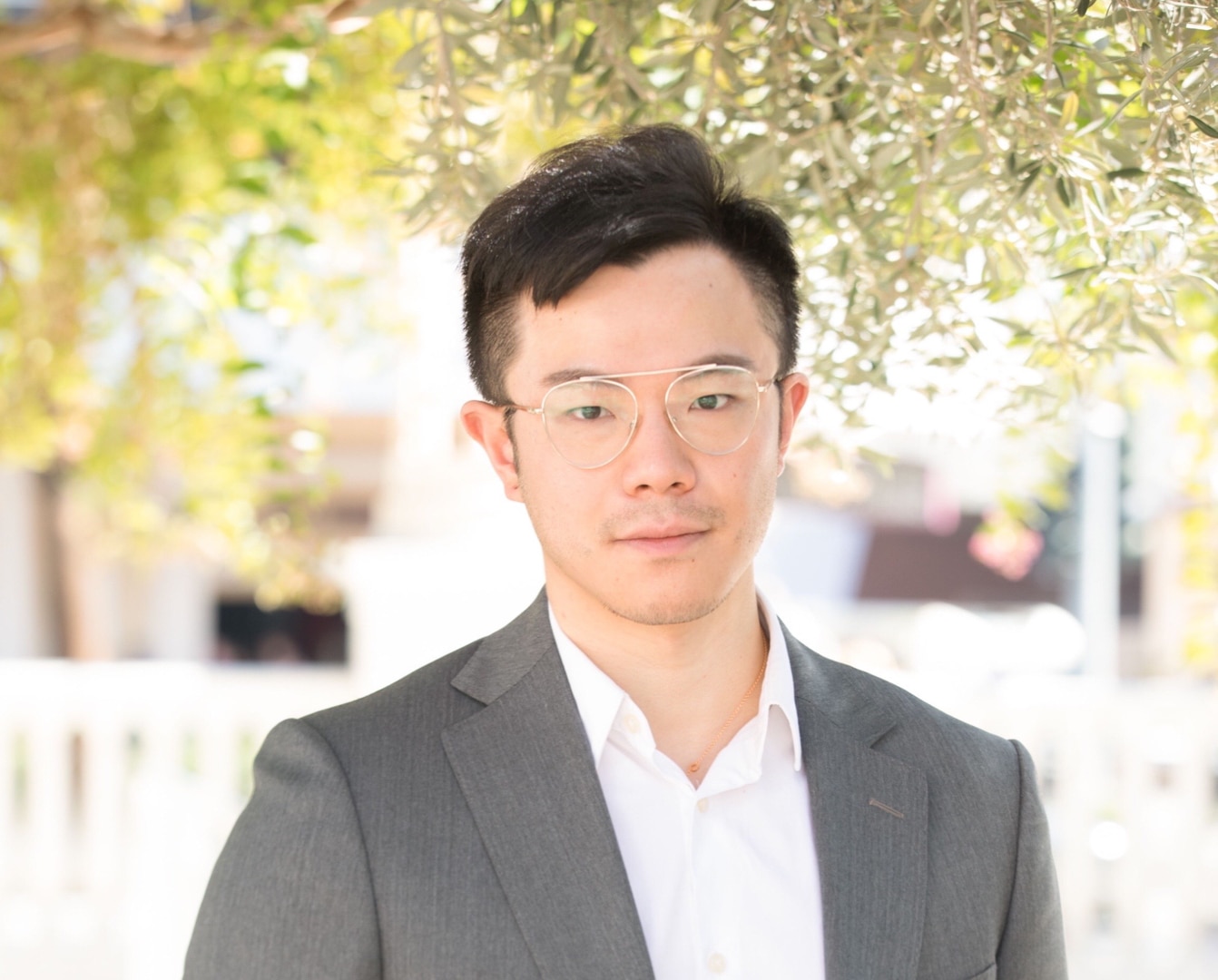Dr. Zhe Qiang, Assistant Professor in the School of Polymer Science and Engineering at The University of Southern Mississippi (USM), has been awarded a prestigious National Science Foundation (NSF) CAREER grant from the Advanced Manufacturing Program in the Engineering Directorate’s Division of Civil, Mechanical, and Manufacturing Innovation.
The award will provide Qiang and his team $639,637 over five years to carry out his project: “CAREER: Manufacturing of Mesoporous Carbons by Direct Pyrolysis of Plastic Waste for Water Remediation”.
“I feel very excited and honored about this award,” said Qiang. “This achievement is largely attributed to my students’ hard work and creative thinking, as well as the tremendous support I received from our School. Moreover, being another NSF CAREER awardee in our polymer program – the third in four years – I am excited to continue our School’s great tradition among our junior colleagues.”
The Faculty Early Career Development (CAREER) Program is a Foundation-wide activity that offers the National Science Foundation’s most prestigious awards in support of early-career faculty who have the potential to serve as academic role models in research and education and to lead advances in the mission of their department or organization. Activities pursued by early-career faculty should build a firm foundation for a lifetime of leadership in integrating education and research.
“The NSF CAREER Award is a testament to Zhe’s unwavering dedication to both cutting-edge research and the education of our future polymer scientist and engineers,” said Dr. Derek Patton, Director of USM’s School of Polymer Science and Engineering. “His hard work and commitment to fostering a collaborative and inspiring laboratory/classroom environment is truly an asset to our School and to our Institution.”
Qiang, who joined the USM faculty in 2019, explained that his research focuses on developing sustainable solutions for addressing plastic wastes and unlocking their potential for securing clean air and water. His laboratory work includes the assistance of eight graduate students.
“Currently, massive plastic waste has been produced and mismanaged, causing significant negative impacts on environment and health,” said Qiang. “To directly confront this grand challenge, our group has been inventing several commercially viable technologies that can transform plastics to high value functional carbon materials, which can be further used to remediate chemical micropollutants from aqueous environments.”
Qiang points out that such innovations in developing materials’ circularity will be a crucial component for the future of chemical industry to achieve net-zero emission goals outlined by the U.S. government.
To learn more about the award and Qiang’s research, visit the NSF Award website.




